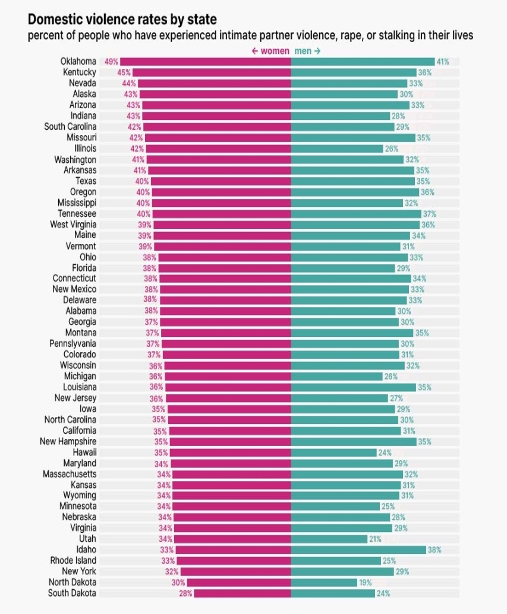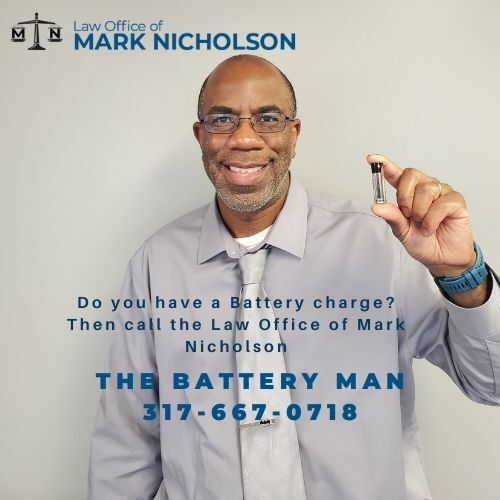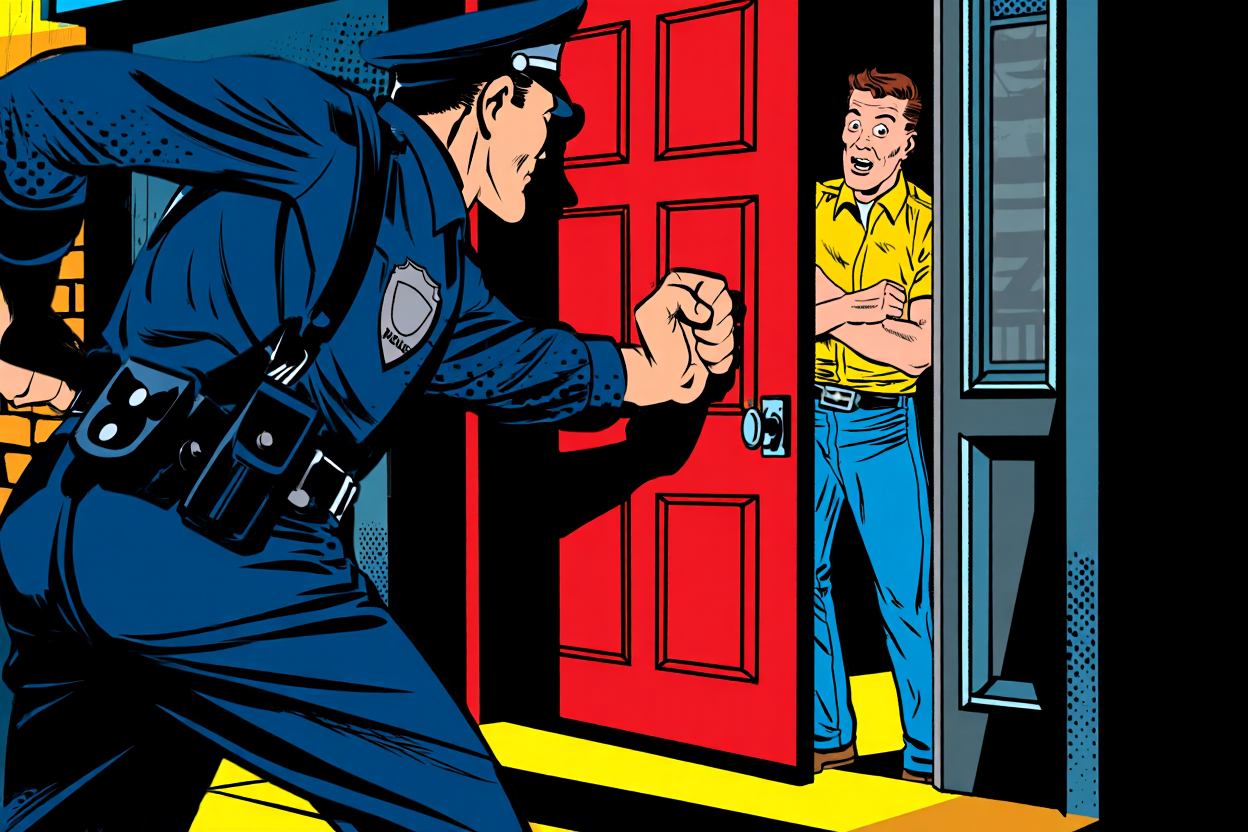Domestic Violence and Battery: Understanding the Connection and Implications
Connection and Implications

Domestic violence is a serious issue that affects one in four women and one in seven men. It's an especially prevalent problem in Indianapolis, where the rate of domestic violence is higher than the national average. So, what can be done to combat this issue? One approach is to understand the connection between battery and domestic battery and its implications for victims of abuse.
What Is Domestic Abuse/Violence?
Domestic battery or abuse is defined as any physical, sexual, verbal, or psychological abuse within an intimate relationship with a partner or family member. Abuse can include punching, kicking, slapping, pushing, physical restraint, threats of harm or death, destruction of property, humiliation (including name-calling), withholding money or resources from a partner or family member, and other forms of manipulation or control. However, if no physical contact is alleged, it will usually not result in criminal battery charges.
What Is Battery?
Battery is defined as any offensive touching or striking against another person without their consent, and it includes actual physical contact. In Indiana, battery can result in criminal charges if it results in bodily injury to another person. Also, the threat of physical contact that would cause fear in a reasonable person could result in a criminal charge of Intimidation.
The Connection Between Battery and Domestic Violence
Battery is one form of domestic violence—but it's not the only type you need to be aware of. Many domestic battery cases involve psychological manipulation rather than physical force.
That said, there is often an overlap between battery and domestic violence; many instances of domestic battery also constitute domestic violence since they involve other forms of abuse, such as threats or intimidation and physical contact. Moreover, even if an incident does not technically qualify as domestic battery—for instance, because no threats were made—it can still result in criminal charges related to battery if it involves unwanted touching that results in bodily injury (or could have).
Domestic violence and battery can be difficult to prove, especially if the alleged victim is afraid to come forward or does not have physical evidence of the abuse. However, the state of Indiana takes domestic violence and battery very seriously, and prosecutors will work tirelessly to obtain a conviction in these cases, sometimes even without the cooperation of an alleged victim.
The Implications of a Domestic Battery Conviction in Indiana
If you are convicted of domestic battery in Indiana, you could face serious consequences, including jail time, fines, probation, and community service. You may also be required to attend anger management or domestic violence counseling.
Additionally, a conviction for domestic battery can have a lasting impact on your personal and professional life. It can affect your ability to find employment, secure housing, and obtain certain licenses or certifications.
Did You Know?
On a typical day, local domestic violence hotlines receive approximately 19,159 calls, an average of approximately 13 calls every minute.

How an Indiana Domestic Violence Defense Attorney Can Help
Being accused of domestic violence or battery is a serious matter, and seeking the guidance of an experienced domestic battery defense attorney is crucial. With an attorney's help, you can better understand your rights, explore your legal options, and develop a strong defense strategy.
A skilled domestic violence defense attorney can negotiate with prosecutors to reduce or dismiss your charges, potentially helping you avoid the serious consequences of a domestic battery conviction. Call the Law Office of Mark Nicholson at 317-667-0718 to get the legal defense you need!




















